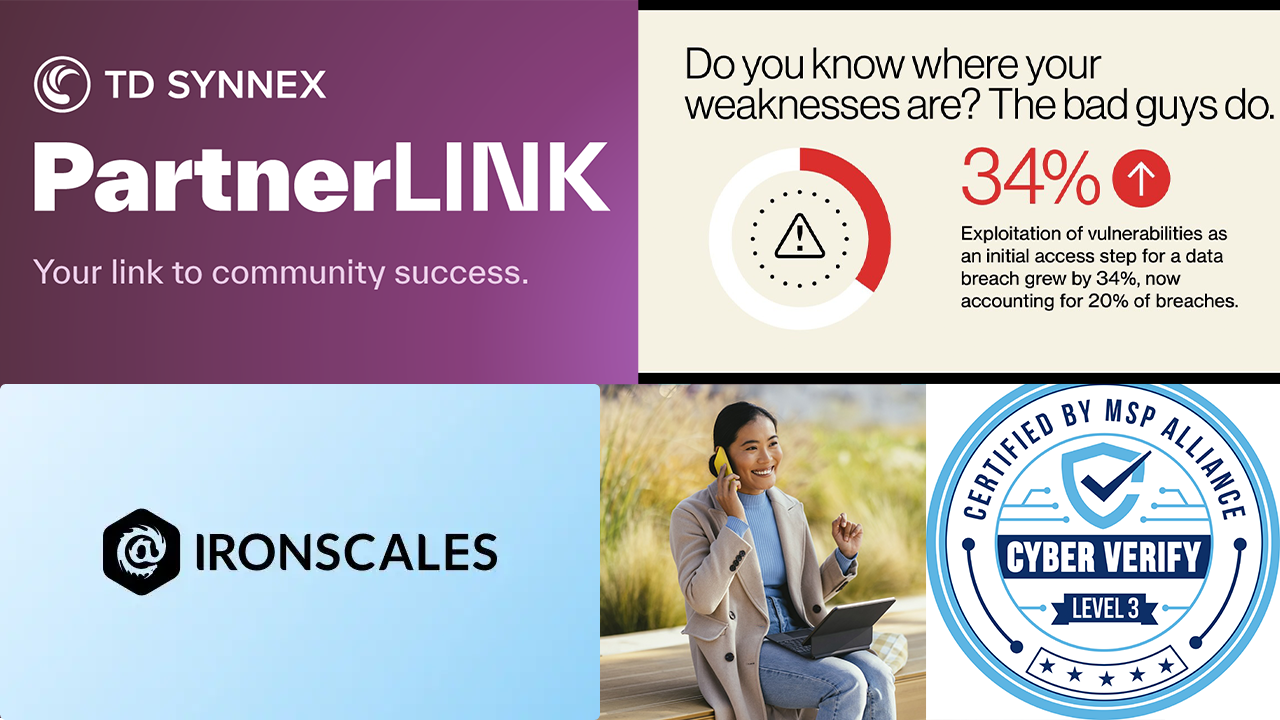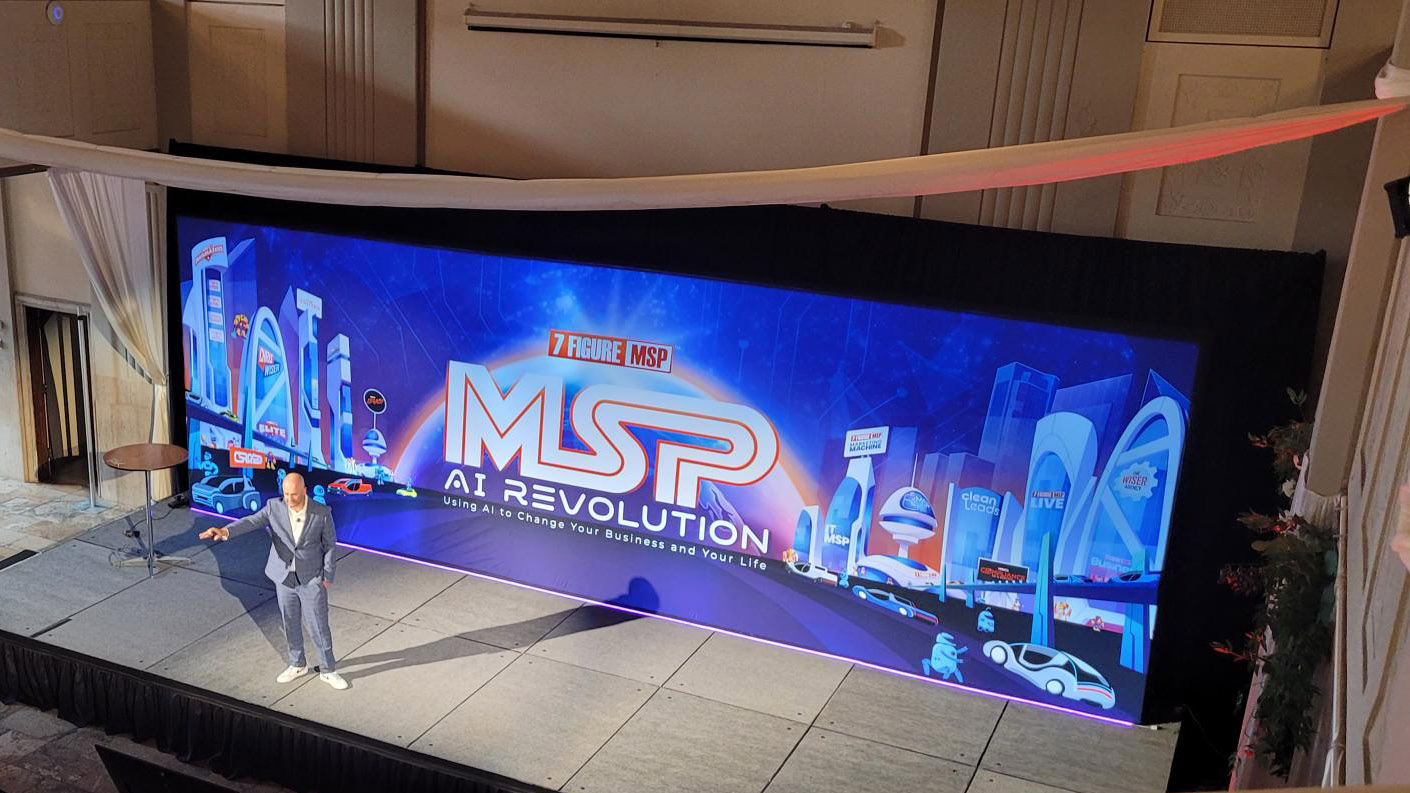Now that we are several months into a turbulent 2023, some cloud trends are emerging, driven by the market, the economy, the cyberthreat landscape, and the hybrid workplace.
Market Trends
After the disruption of a major global pandemic—which forever changed the business landscape—two interrelated trends that will undoubtedly continue are the reliance on multicloud for work productivity and communications, both remote and in-office, and a rise in mergers and acquisitions. Both are poised to have a massive impact on the cloud space.
Cloud adoption and multiclouds proved to be invaluable resources in establishing a remote workforce when the pandemic struck. Moving files of the number and size required is no doubt a monumental task, but automation can help ease the challenges. With on-prem infrastructure, there are difficulties with size and complexity since management monitoring tools are dependent on learning specific tools for each different environment.
One advancement likely to emerge is having a single pane of glass to monitor complex hybrid multicloud environments. It’s becoming a requirement to have a single place where an IT department or managed service provider (MSP) can establish monitoring, alerts, response times, uptime or storage alerts, and other innovations as individual tools in all those different environments simply end up becoming impractical.
At the same time, merging companies will likely find themselves having data in multiple places—a combination of Google and Azure, for example. This will acutely affect MSPs and IT pros in how that’s implemented. What is likely to happen is the continued explosive growth of collaboration environments, which will need to work transparently across complex platforms. Such environments demand far more than just moving shared volumes: They involve embedded chatlines, metadata, and more.
Automation and AI will be key in such transitions. Simply put, large multicloud environments cannot effectively function without it. Keeping pace for SMBs and IT personnel will be critical.
Economy
Oh, but for a business crystal ball for the current economy. How will economic trends affect cloud adoption? It’s easy to wonder if the cloud will actually survive: Will there be a return to big data centers and the like? Even cloud-hesitant companies that still maintain their own data centers find themselves moving increasingly toward the multicloud. Smaller SMBs, like my local barbershop, for example, might still resist, claiming it’s unnecessary since they own their own infrastructure. But the reality is they are increasingly finding themselves using cloud capabilities like multifactor authentication.
Cloud adoption will continue to grow, as it has over the last four decades, because the need to move data from one place to another remains in huge demand. Whether it’s application-to-application, database-to-database, or any of a host of other data needs, the volume alone is significantly bigger. Organizations are no longer just copying data. New tech tools, especially for data migration, are evolving to solve those problems. It represents a huge growth market as well as a significant opportunity.
For business leaders trying to anticipate a downturn in the economy, and how to adapt accordingly, it may be increasingly effective to think more about the value of building and maintaining a strong monitoring environment and automation. Running a tight ship with a strong infrastructure in place and being able to assess what’s being well-utilized and underutilized will make you more nimble whenever the lean times hit, lessening the impact.
Security
Security issues in the cloud are as great a concern as ever. Two-factor authentication has become the norm for many businesses, with token-based security environments expanding and allowing a reduced dependence on usernames and passwords to authenticate.
Though they are both reliable, we are still likely to see more evolution in security. Complexities have required companies to make significant changes to reduce the probability of compromised user accounts. For example, we’ve witnessed this with Microsoft’s move from Basic Authentication to Modern Authentication.
However, transitioning to new security protocols can be difficult for companies and may require some modifications, but the goal is clear: achieving enhanced account security. Online transactions will always present problems. Though we’re not quite there—yet—from management, overhead, and the cost of migration, moving up from MFA will be a major advantage. This is because you’re basically authenticating in one place followed by a trustworthy authorization flow from your server, easily authenticating both a seller and a buyer—while protecting the identity of each party. That day is coming.
Hybrid/Remote Work
The hybrid model that emerged from the pandemic is almost certainly here to stay. There are economic advantages to being able to hire employees anywhere and everywhere, especially in intellectual industries—legal, design, telemedicine, and more—though obviously, accommodations have to be made for remote team huddles scattered around the world.
The dispersed workforce will help proliferate corporate cloud adoption. I find it mind-blowing that I can board a jet, use Wi-Fi, talk to cloud infrastructure, and run tests while flying across the country. But that ability to connect from anywhere to work on projects is nearly magical. Highly secure cloud-based applications are becoming the default model and a dispersed workforce with persistent cloud connectivity makes work that much easier and will continue to be an accelerating factor in cloud adoption and use.
Looking Ahead
If the past few years have taught us anything, it’s to stay lean and nimble in anticipation of the unexpected—in market trends, the economy, the workplace, and security especially. The cloud plays a key role in agility and will continue to pervade nearly every facet of our lives.
ROB REINAUER is the director of data products at IDERA in Austin, Texas. In this role, he leads an incredibly talented team of product managers driving the product features and technical decisions for the BiTitan MigrationWiz and Perspectium Cloud data migration services as well as the IDERA suite of SQL Management products. The BitTitan services utilize a worldwide, highly scalable, and redundant cloud infrastructure to provide several market share-leading SaaS offerings in multiple cloud data migration segments across email, collaboration, on-prem, and cloud drive stores as well as IT operations management.














